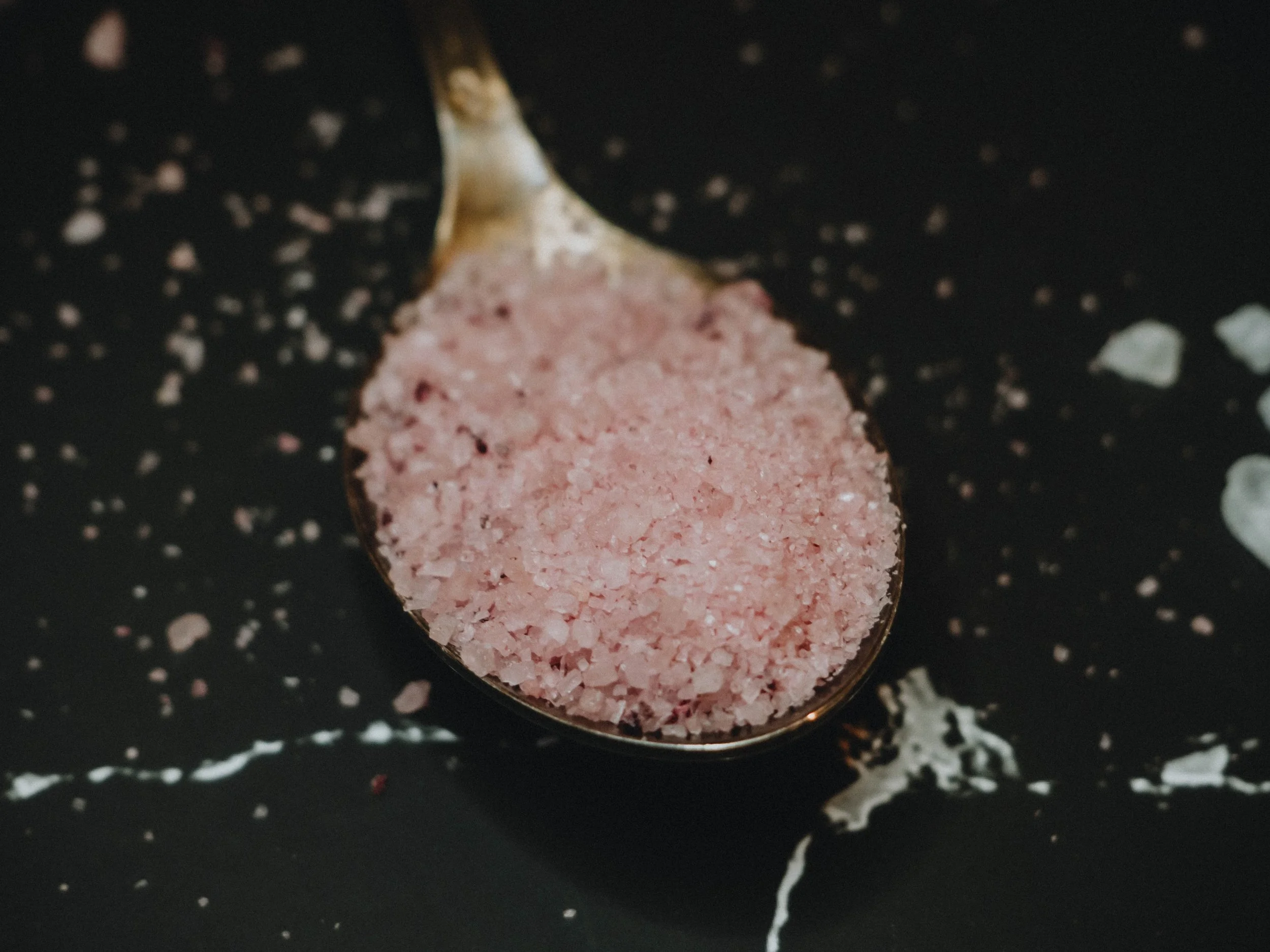Salt is Essential to Life
The right salt is one of the most important skill you can find in the right source: Celtic salt and Himalayan salt
As a dietitian, I am often asked about the best choices when it comes to salt. Two popular options that are often recommended for their mineral content are Celtic salt and Himalayan salt. Let's explore the benefits of using these salts and understand why they are favored by many health-conscious individuals.
Celtic salt, also known as sel gris or gray salt, is harvested from the coastal regions of France. It is naturally moist and unrefined, typically retaining its gray color due to the presence of minerals and trace elements. Celtic salt is considered a healthier alternative to highly processed table salt because it undergoes minimal processing, preserving its natural mineral content.
One of the key benefits of Celtic salt is its mineral profile. It contains essential minerals such as magnesium, potassium, calcium, and trace amounts of iron. These minerals not only contribute to the flavor of the salt but also offer potential health benefits. Magnesium supports muscle and nerve function, potassium helps maintain proper fluid balance, calcium promotes strong bones, and iron is essential for oxygen transport in the body.
Similarly, Himalayan salt is mined from ancient salt deposits in the Himalayan mountains and is renowned for its beautiful pink hue. Like Celtic salt, it is also minimally processed and retains its natural mineral composition. Himalayan salt is rich in minerals such as potassium, magnesium, calcium, and iron. It is particularly prized for its high iron content, which gives it the distinctive pink color. Iron is vital for the production of red blood cells and proper oxygenation of tissues.
Incorporating Celtic salt or Himalayan salt into your diet can be a beneficial choice due to their mineral content. However, it's important to note that the amounts of minerals present in these salts are relatively small compared to other dietary sources. Therefore, while they can contribute to overall mineral intake, it's essential to obtain the majority of your minerals from a balanced diet that includes a variety of whole foods.
When it comes to sodium intake, it's crucial to exercise moderation regardless of the type of salt you choose. While Celtic salt and Himalayan salt may offer additional minerals, they still primarily consist of sodium chloride. Excessive sodium intake can contribute to high blood pressure and other health issues. The American Heart Association recommends limiting sodium intake to no more than 2,300 milligrams per day for most individuals.
Celtic salt and Himalayan salt are popular choices for their mineral content, including iron, iodine, and other essential minerals. These salts can contribute to a well-rounded diet and offer potential health benefits. However, it's important to remember that they should be used in moderation, as excessive sodium intake can have negative effects on health. Aim for a balanced diet that includes a variety of nutrient-rich whole foods to ensure an adequate intake of essential minerals and maintain overall well-being.


